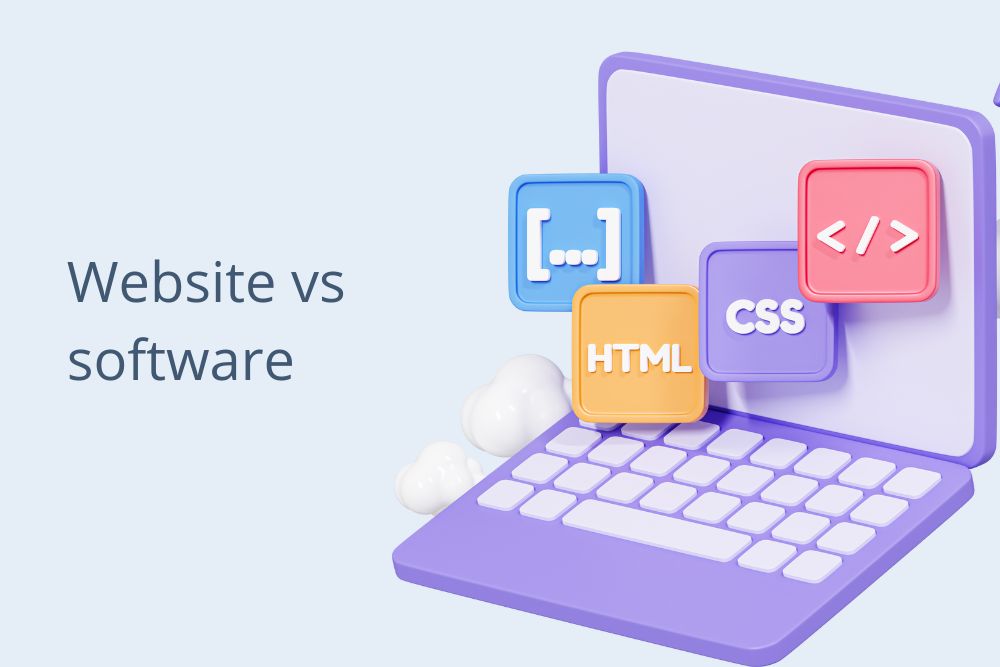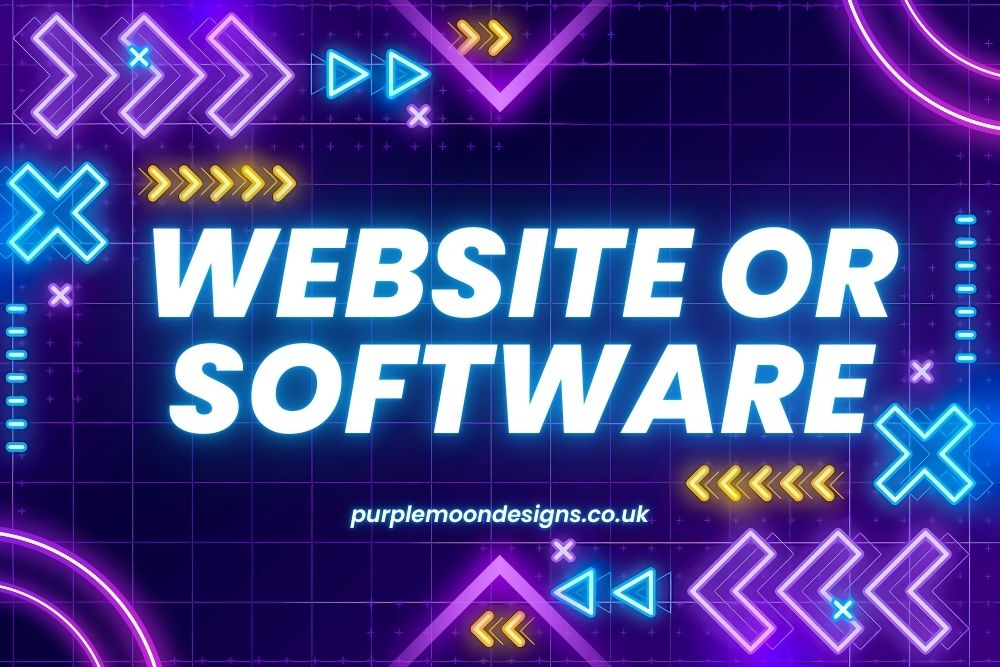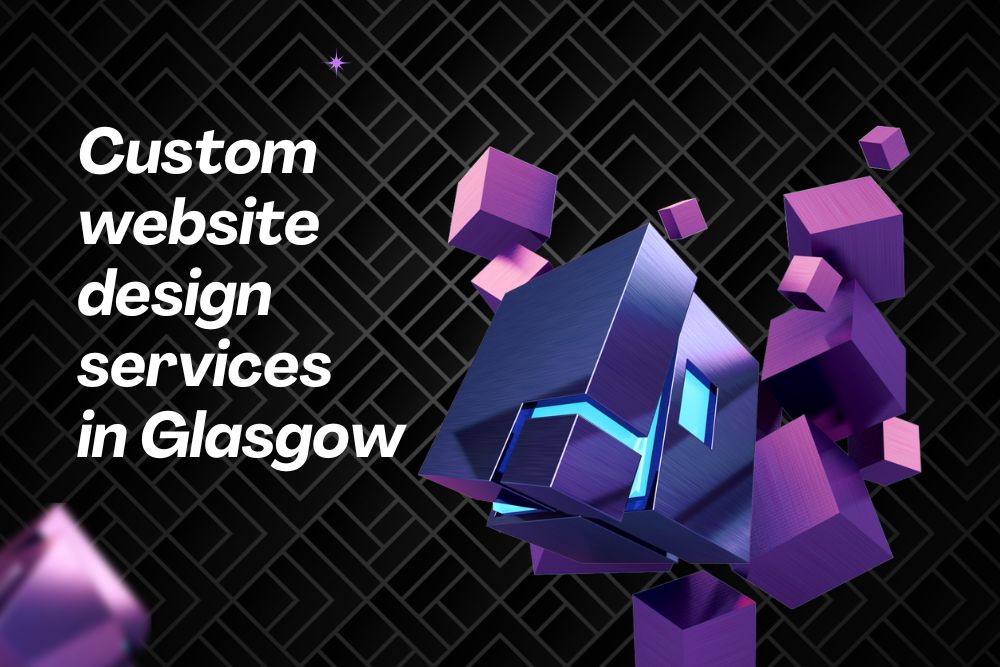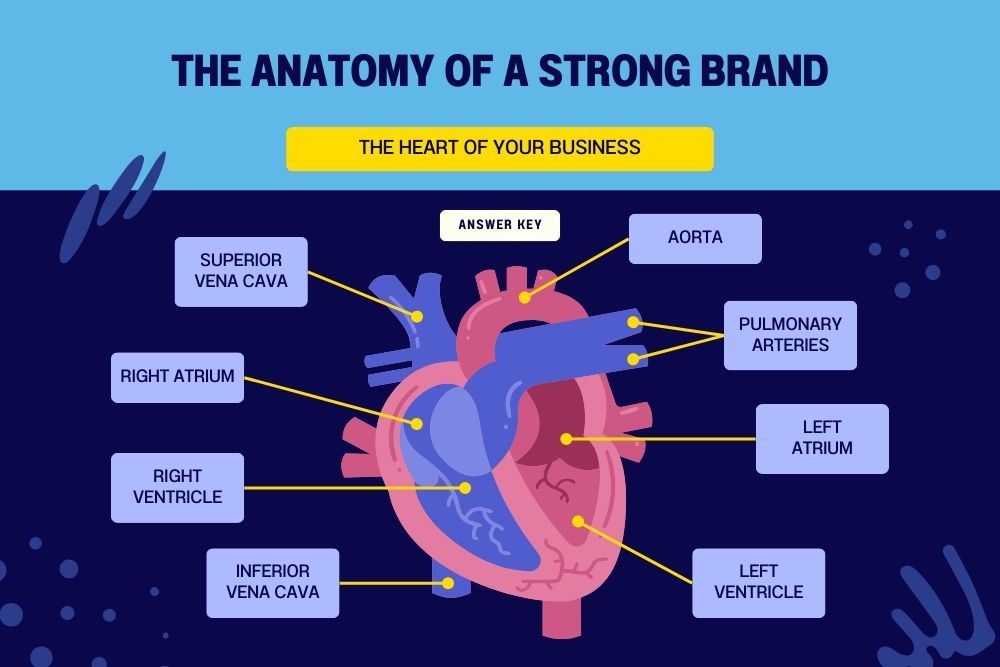Everyone relies heavily on websites to establish an online presence or access information. However, a common question arises: Is a website considered software? While websites and software share similarities, they also have distinct differences. Understanding these aspects is crucial for businesses looking to develop their digital footprint effectively. In this blog, we will explore whether a website qualifies as software, how they are interconnected, and what this means for your business.
Defining Software and Websites
To determine whether a website is software, we first need to understand both concepts.
What is Software?
Software refers to a collection of instructions, programs, or data that enable a computer to perform specific tasks. It can be divided into various categories, including:
- System Software: Includes operating systems such as Windows, macOS, and Linux.
- Application Software: Programs like Microsoft Word, Photoshop, and mobile applications.
- Middleware: Software that connects different applications or services.
- Web Applications: Online platforms that function like software but are accessed through a web browser.
What is a Website?
A website is a group of web pages that can be accessed through the internet. Websites can be static or dynamic and serve various purposes, such as providing information, selling products, or offering interactive services. Websites are built using technologies like HTML, CSS, JavaScript, and backend programming languages (e.g., PHP, Python, or Node.js).
Is a Website Considered Software?
The answer depends on how the website is built and functions:
- A simple static website that displays content is not considered full-fledged software. It is more of an online document built using HTML and CSS.
- A dynamic website with interactive features, databases, and logic-based functions is more akin to software. These sites rely on backend programming, making them similar to traditional software applications.
- A web application, such as an online banking system or e-commerce platform, is a type of software. These systems operate within a web browser but function as complex software solutions.
Key Differences between Websites and Software
Feature Website Software
- Purpose Information display, branding, online presence
- Perform specific tasks, automate functions.
- Interaction Limited (static pages) or dynamic (user input, database interactions)
- Highly interactive with complex functions
- Installation Accessed via a web browser, no installation required
- Installed on a computer or mobile device
- Technologies Used HTML, CSS, JavaScript, PHP, WordPress
- Programming languages, frameworks, APIs

Websites vs. Web Applications
Since many modern websites have software-like functionalities, distinguishing between a website and a web application is essential.
- A simple website: Displays static content (e.g., business homepage, blogs, portfolios).
- A dynamic webpage: Uses databases and server-side scripts (e.g., e-commerce sites, news portals).
- A web application: Functions like software allowing users to perform specific tasks (e.g., Gmail, Facebook, Netflix).
Examples:
- Website: A company’s homepage that showcases services, contact details, and blogs.
- Web Application: A project management tool like Trello, where users log in, manage tasks, and collaborate.
Why Does This Matter for Businesses?
Understanding the distinction between websites and software can help businesses choose the right solution for their needs.
- Better Planning: Knowing whether your business needs a simple website or a fully functional web application affects development costs, time, and resources.
- User Experience (UX) Considerations: Interactive web applications require robust UX design, while simple websites focus on layout and readability.
- Scalability and Maintenance: Web applications need frequent updates, security patches, and performance monitoring, unlike static websites.
- SEO and Marketing Strategies: Websites with interactive features may require different SEO techniques than traditional software applications.
How Purple Moon Designs Can Help
At Purple Moon Designs, we specialise in creating both high-performing websites and powerful web applications tailored to your business needs. Whether you need a sleek, professional website to enhance your brand identity or a robust web application to streamline business operations, we have the expertise to deliver the best digital solutions.
Why Choose Us?
- Custom Solutions: We don’t believe in one-size-fits-all. Our team develops bespoke websites and applications tailored to your specific goals.
- Cutting-Edge Technology: We utilise the latest programming languages, frameworks, and design trends.
- SEO-Optimised Websites: Every website we create is optimised for search engines, ensuring better visibility online.
- User-Centric Design: We prioritise user experience, making navigation seamless and engaging for visitors.
Final Thoughts
So, is a website software? It depends. While a simple website may not be considered full-fledged software, a dynamic or interactive web application certainly is. The key takeaway is that websites and software overlap, and modern websites often incorporate software-like functionalities.
If you’re looking for Best Website Design Specialist Glasgow to help you build a stunning website or a powerful web application, Purple Moon Designs is here to help.📞 Give us a call today at +44 7700 173884 to discuss your project!





